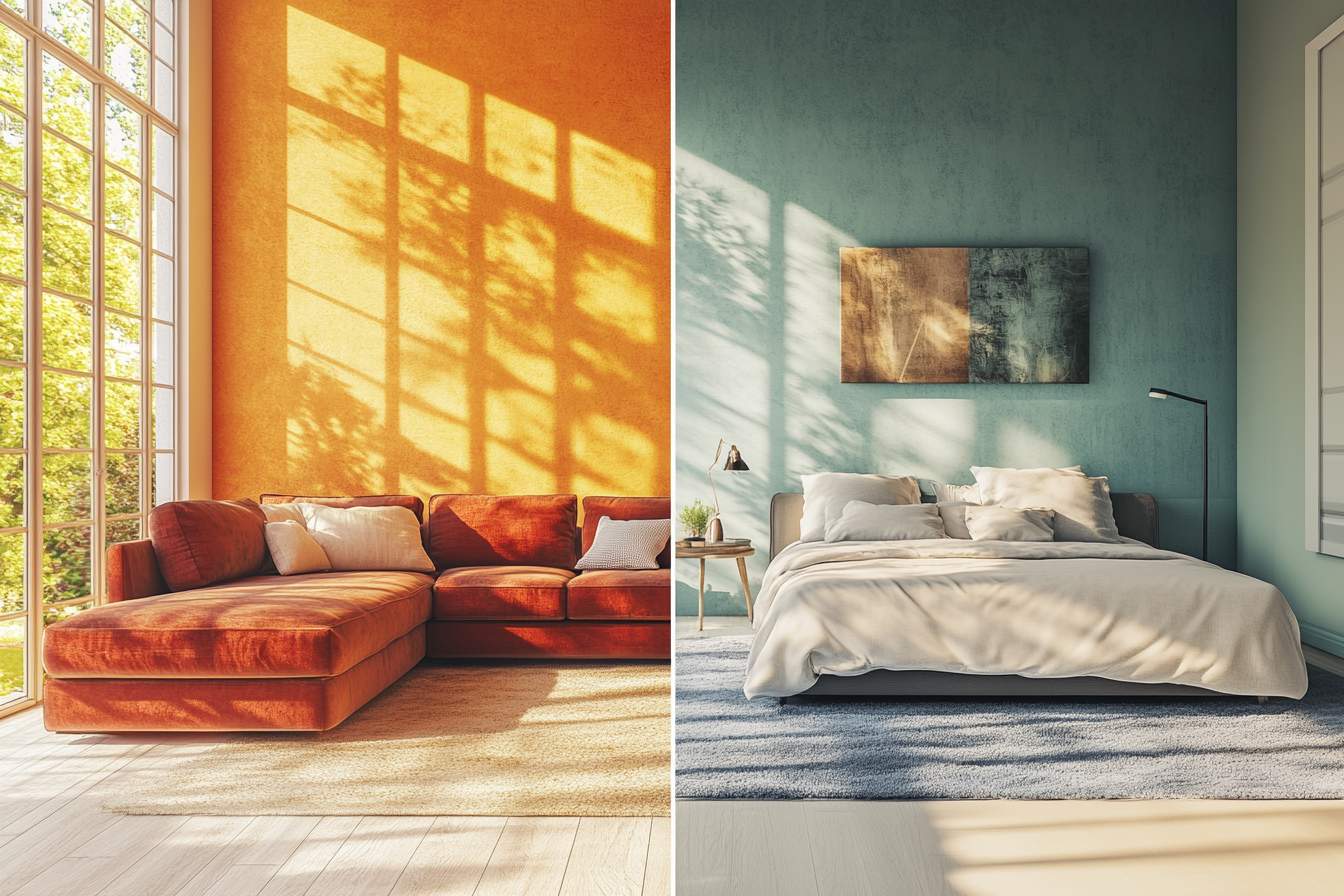Interior Design & Heritage
Incorporating Old Furniture into New Spaces
Incorporating vintage or inherited furniture into contemporary spaces is more than a trend—it’s a sustainable and deeply personal approach to design. As an interior designer working between Rome and New York, I have found that blending antique furniture with modern spaces adds a layer of history and authenticity that cannot be replicated. Having grown up in Italy, I personally treasure heritage pieces passed down through generations, and I integrate this philosophy into my designs. Whether it’s a family heirloom with sentimental value or a one-of-a-kind vintage find, repurposing old furniture creates unique, meaningful interiors. Here’s how to seamlessly blend old and new elements while maintaining harmony and style.
The Value of Old in the New
Sustainability & Emotional Connection
Reusing furniture reduces waste—over 12 million tons of furniture are discarded annually in the U.S. alone (EPA). Beyond sustainability, sentimental items bring personal meaning to a space, enhancing emotional well-being (Journal of Environmental Psychology).
Well-crafted older furniture also tends to be of higher quality than mass-produced modern alternatives, making it a durable and stylish investment.
Design Strategies for Blending Old and New
1. Mix and Match with Purpose
Balance modern and vintage elements to create contrast without overwhelming a space. Choose a statement piece to anchor the room, and complement it with subtle contemporary touches.
Use color palettes that bridge old and new—muted, earthy tones can help vintage pieces blend seamlessly into a contemporary space.
Pair bold vintage patterns with neutral backgrounds to balance contrast without overwhelming the aesthetic.
Use strategic lighting to highlight modern and antique elements, creating a cohesive design.
2. Reimagine and Repurpose
Transform old pieces—turn a wooden ladder into a bookshelf, repurpose a vintage trunk into a coffee table, or convert an old door into a stylish dining table. Creativity can give items a new function that suits your lifestyle.
Convert old furniture into multi-functional pieces—an antique dresser can serve as a bathroom vanity, or a wooden trunk can become a stylish storage bench.
Embrace DIY projects like turning old doors into headboards or salvaging windows for unique wall art.
Upcycle smaller elements such as handles, knobs, or decorative trims to bring a touch of heritage into modern furniture.
3. Restore, Don’t Replace
Instead of discarding old furniture, consider refinishing, reupholstering, or repainting. A fresh coat of paint or new fabric can breathe new life into a classic piece while keeping its historical charm intact.
Sand, stain, or repaint old furniture to give it a fresh look while maintaining its craftsmanship.
Reupholster chairs and sofas with contemporary fabrics to bridge past and present styles.
Preserve historical details like intricate carvings or vintage hardware to maintain authenticity.
4. Use Old Pieces as Focal Points
Highlight a vintage mirror, a classic armoire, or an antique chandelier for added charm. These elements can become conversation pieces while preserving the character of the space.
Place a vintage armoire or an antique mirror in a central spot to draw attention.
Contrast a modern space with a single statement vintage piece, like a classic dining table surrounded by sleek chairs.
Utilize architectural salvage pieces, such as reclaimed doors or window frames, to add a sense of history to your decor.
5. Blend Materials and Textures
Combine aged wood with metal, velvet with linen, and distressed finishes with sleek surfaces for a layered aesthetic. Mixing different textures can create a visually interesting and harmonious atmosphere.
Combine natural aged wood with modern metallic accents for a sophisticated contrast.
Mix plush vintage fabrics like velvet with modern linens and minimalist patterns.
Integrate glass, stone, and distressed finishes to create a layered, inviting aesthetic.
6. Curate Thoughtfully
Avoid clutter by selecting a few meaningful older pieces that truly enhance your space. The goal is to create a balanced look that honors the past while feeling fresh and modern.
Select a few meaningful vintage pieces rather than cluttering a space with too many antiques.
Pair classic furniture with contemporary decor elements to keep the space feeling fresh.
Consider an eclectic yet balanced approach by mixing different eras with intention and care.









